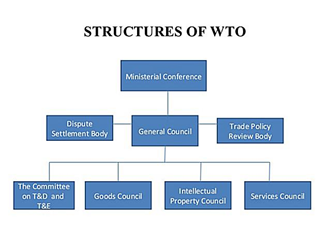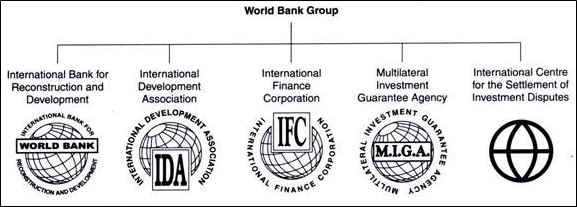-
- NITI Aayog, short for the National Institution for Transforming India, is a policy think tank and advisory body of the Government of India.
- It was established on January 1, 2015, to replace the Planning Commission.
- NITI Aayog serves as a premier policy think tank that provides strategic and technical advice to the government on various aspects of economic planning, policy formulation, and program implementation.
- It aims at fostering cooperative federalism and promoting economic and social development.
The NITI Aayog creation is majorly divided into two hubs:
-
- Team India Hub: Encourages the participation of Indian States with the Central Government.
- Knowledge and Innovation Hub: Evolve and promote the Think Tank capabilities of India.
Various Sections of NITI Aayog
The activities of NITI Aayog can be divided into the following four sections:
1. Policy and Programme Framework
2. Cooperative and Competitive Federalism
3. Monitoring and Evaluation
4. Think Tank and Knowledge and Innovation Hub
Comparing NITI Aayog and Planning Commission
| Basis | NITI Aayog | Planning Commission |
|---|---|---|
| Changed organisational structure | While the head of the institution is Prime Minister, there is an introduction of new corporate-like posts like CEO, association of technical experts, etc. | Head of the institution is the Prime Minister who was the chairman, while the deputy chairman served as functional head. |
| Functioning | Follows a bottom-up approach where formulation of plans is done at the village level and aggregation of them at higher levels of government. | Followed a top-down approach with centralised planning. |
| Planning | It does not formulate five-year plans with a targeted approach. Rather it focuses on action plans and vision documents which serve as policy direction. | Five-Year Plans, centralised economic and social growth programs, served as a central feature of the Planning Commission, representing Command and Control economy. |
| Finance control | It does not have access to funds, nor can it allocate for projects and policies formed. | It was responsible for resource allocation and monitoring the implementation of the plans. |
Various Indices by NITI Aayog
1. SDG India Index: Measures progress of Indian states and Union Territories towards achieving UN Sustainable Development Goals.
2. Health Index: Evaluates states and Union Territories on health system performance, considering outcomes, governance, and processes.
3. School Education Quality Index (SEQI): Assesses the quality of school education, including learning outcomes, access, infrastructure, and equity.
4. Water Management Index: Evaluates states and Union Territories on efficient water resource management, covering source augmentation, irrigation, and water supply.
5. Ease of Doing Business (EoDB) Rankings: Assesses the business regulatory environment to enhance ease of doing business in India.
6. Export Preparedness Index: Measures states’ and Union Territories’ readiness for promoting exports based on factors like infrastructure, logistics, policy, and institutions.
7. National Multidimensional Poverty Index: The National Multidimensional Poverty Index (MPI) is a measure that assesses poverty in a more comprehensive way than traditional income-based approaches. It was introduced in India to provide a multidimensional view of poverty, considering various factors beyond income.
Various Schemes and Programmes by NITI Aayog
1. Aspirational Districts Programme: It was launched in January 2018 to transform the 112 most under-developed districts. The programmes ensure inclusive growth of all with the maxim of– “Sabka Saath Sabka Vikas aur Sabka Vishwas”.
2. Atal Innovation Mission (AIM): AIM aims to foster innovation and entrepreneurship across the country, promoting a culture of creativity and problem-solving. It includes programs like Atal Tinkering Labs (ATLs) in schools, Atal Incubation Centers (AICs) to support startups, and the Atal New India Challenges.
3. Student Entrepreneurship Programme (SEP): SEP 1.0 was launched in 2019 while the SEP 2.0 launched in 2020 aimed to convert the grassroot innovations of Atal Tinkering Lab (ATL) students into end products. It provided the opportunity to the students of ATL to work with Dell volunteers and to get mentor support, end user feedback, manufacturing support and launch support of their products in the market.
4. Mission LiFE: To develop simple acts in sync with climate change mitigation and adaptation strategies. It puts individual and collective duty on everyone to live a life that is in tune with Earth and does not harm it.
5. State Support Mission: An umbrella initiative for every state to recognise its strength, define its objectives, and develop strategies to achieve them.
Spread the Word





